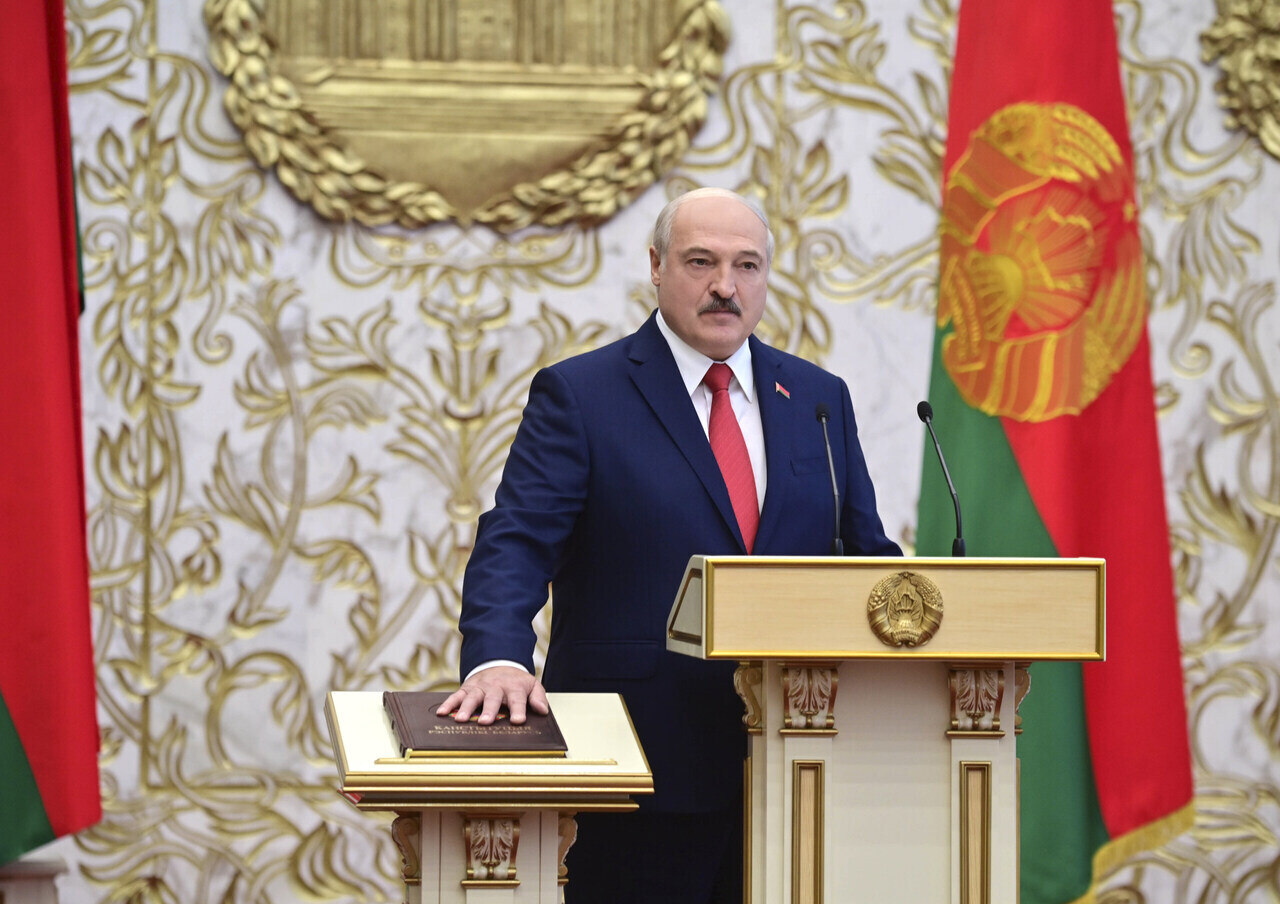Jobbik MEP Gyöngyösi: How the EU should become Geopolitical?

Remarks from Jobbik MEP Márton Gyöngyösi:
Ever since European Commission President Ursula von der Leyen told the EP in her programme speech that her leadership was going to set the organization on the path of becoming a geopolitical factor in the international arena, many people (including myself) have voiced their doubts about the idea.
The doubts were rooted in the fact that the EU treaties, which determine the EU’s operational mechanisms, granted relatively little leverage for the Union’s common foreign policy.
Hammered out at a snail’s pace even in emergencies, the ambiguously worded and tepid EU positions all derive from the requirement of unanimity in the European Council’s foreign policy decisions, which sometimes allows certain member states to veto resolutions in an effort to promote their own agenda or even blackmail the institution, thus blocking the EU from taking a united front.
It has just happened once again this week when Cyprus, as a revenge for the EU’s earlier refusal to release a statement to condemn Turkey for its role in the Eastern Mediterranean conflict, vetoed the Union’s resolution to condemn the Lukashenka regime. The embarrassment was only exacerbated by the circumstances.
It is already quite embarrassing that an entity with geopolitical ambitions to step up as the defender of all democracies fails to take a definitive stance even six weeks after the Belarusian government, violating all human and civil rights, used unparalleled brutality to crack down on the protesters against the fraudulent election.
Not to mention that Belarusian opposition leader Sviatlana Tsikhanouskaya, who ran for president as Lukashenka’s challenger after her husband, the opposition’s presidential candidate had been imprisoned, could very much have used something more than the EU leaders’ kind smiles and encouraging words after her Brussels visit on the European Parliament’s invitation.
Even within its limited options, the European Union still has considerable means to effectively exercise pressure on Lukashenka’s regime. Although I am not an unconditional supporter of sanctions against authoritarian regimes (I consider the EU’s anti-Russia and anti-Iran sanctions especially counter-productive as they resulted in those authoritarian systems’ consolidation rather than their demise), I believe that immediate, unified and circumspectly exercised sanctions against Belarus would have had the necessary effect.
However, sanctions must never be targeted at Belarus’ economy and trade in general; as such measures always hit the society more than the regime’s beneficiaries who can easily reverse them into inciting anti-EU sentiments, which allows them to stay in power.
Sanctions must always be aimed at the leaders and facilitators of the regime, by way of immediately freezing their assets held in foreign countries and restricting their travels into EU territory. The faster, the more coordinated and comprehensive the EU’s sanctions are, the sooner Lukashenka’s regime can be expected to capitulate.
This case clearly demonstrates how much the European Union as a geopolitical factor will remain nothing but Mme von der Leyen’s dream if no appropriate and urgent corrections are made.
For that to happen, it’s not enough to modify the EU treaty to require a qualified majority in decision making instead of unanimity. There are three other key conditions that need to be met as well:
1.
If the European Union wishes to become at least partly independent from member state influence and suffocating pressure, it has to acquire its own resources, otherwise the economic interests of particular member states will continue dictating the direction of the Union’s foreign policy.
2.
A common foreign policy will remain nothing but a dream as long as each of the EU’s 27 member states has its own narrative to interpret the geopolitical events taking place outside Europe. By launching a European Public Media Service to cover all member states, not only could the EU more effectively combat fake news and disinformation orchestrated to weaken our organization, but it could also contribute to forming a common European identity by creating a common EU narrative and mindset.
3.
As long as the EU, despite being formed on the promise of a single market, remains characterized by a substantial and wide economic gap dividing its member states (and I am not talking about the macroeconomic indicators that often fail show the blatant East-West and North-South living standards gap and wage inequality), external forces will always have an easy job playing EU member states against each other. That’s why I believe it’s vital for the Union to reinforce its cohesion policy so that the European wage gap could be narrowed by way of increasing member state competitiveness and promoting a knowledge-based society.
First and foremost however, the Union, if it wishes to conduct a value-based policy, must restore its own credibility. It’s hard to combat the Lukashenka regime’s human and civil rights violations as long as some member state governments, guided by Orbán’s illiberalism, go on Lukashenka’s path.
In fact, if you consider the level of corruption and the selected methods of election fraud, Viktor Orbán’s regime is no longer going on the path. It has already reached the finish line.
Source: Jobbik – Press release

